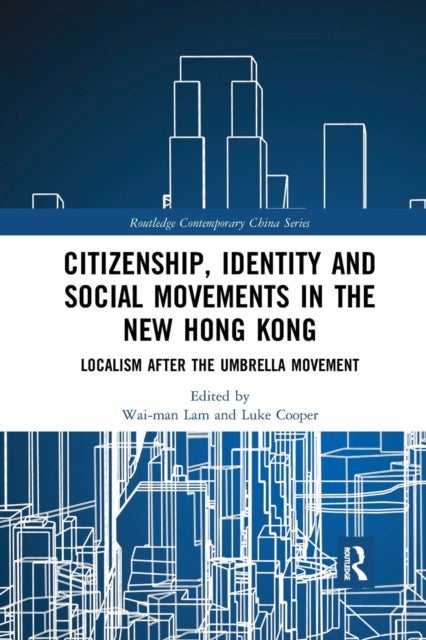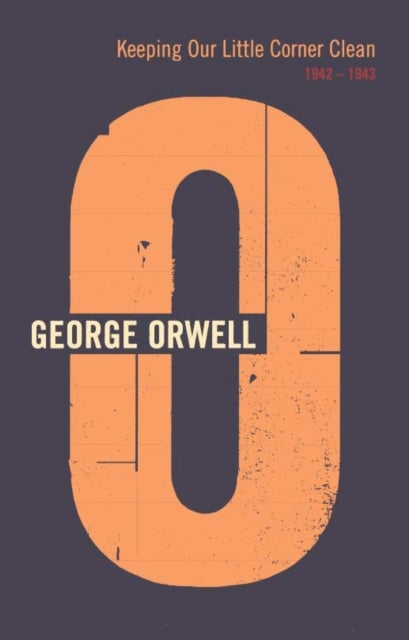
Citizenship, Identity and Social Movements in the New Hong Kong
569,-
<P>Hong Kong¿s ¿Umbrella Revolution¿ has been widely regarded as a watershed moment in the polity¿s post-1997 history. While public protest has long been a routine part of Hong Kong¿s political culture, the preparedness of large numbers of citizens to participate in civil disobedience represented a new moment for Hong Kong society, reflecting both a very high level of politicisation and a deteriorating relationship with Beijing. The transformative processes underpinning the dramatic events of autumn 2014 have a wide relevance to scholarly debates on Hong Kong, China and the changing contours of world politics today. </P><P></P><P>This book provides an accessible entry point into the political and social cleavages that underpinned, and were expressed through, the Umbrella Movement. A key focus is the societal context and issues that have led to growth in a Hong Kong identity and how this became highly politically charged during the Umbrella Movement. It is widely recognised that politic








